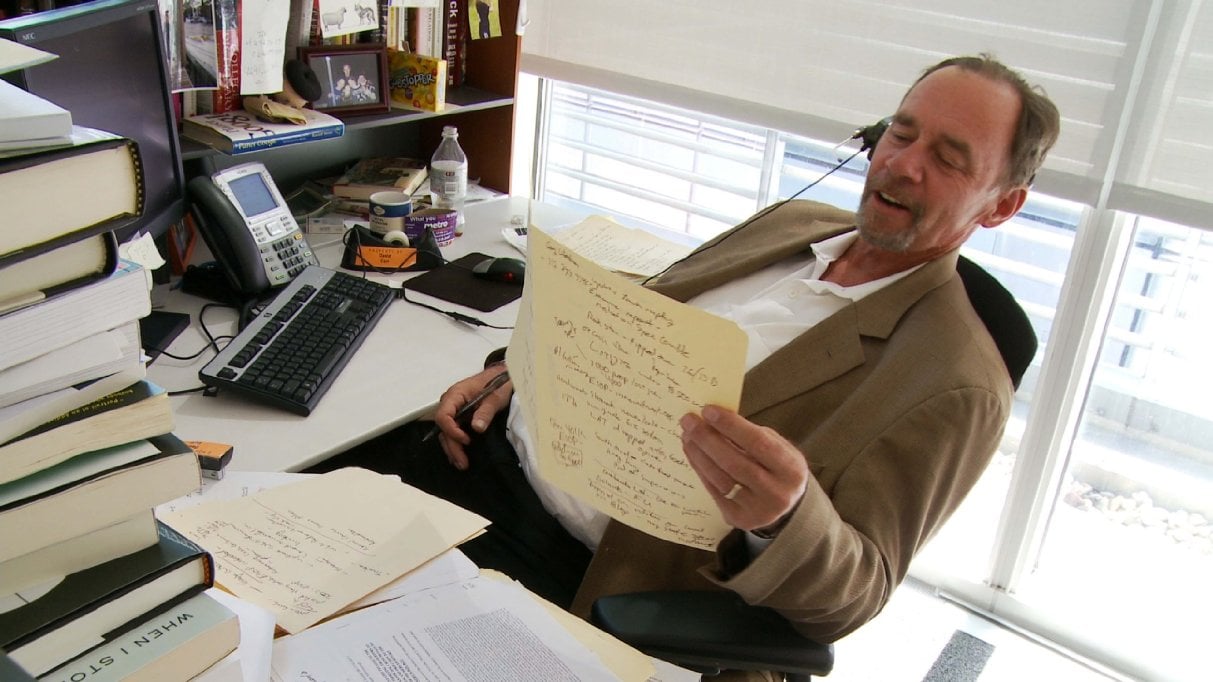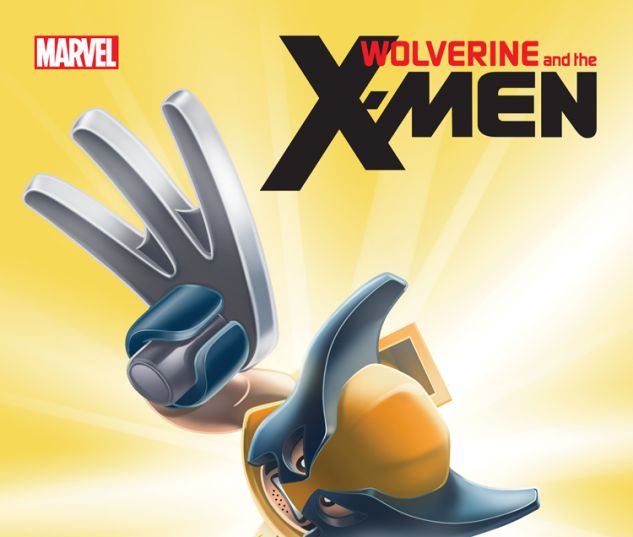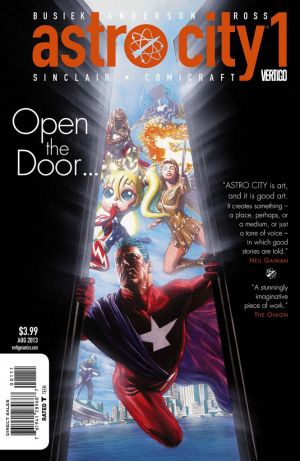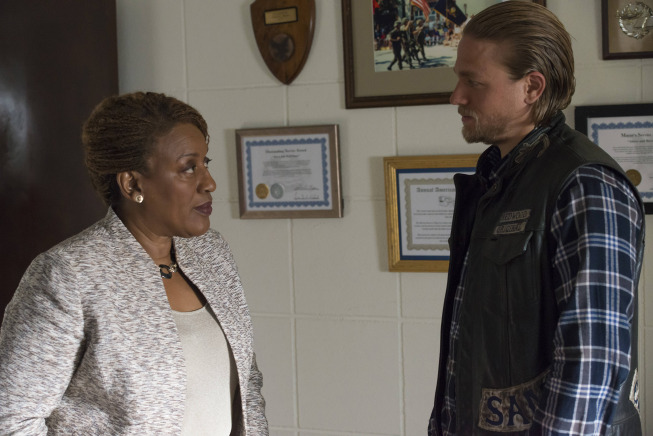This week saw the release of Uncanny X-Men #1, which focused on Cyclops and his newly formed group of X-Men. The series, spearheaded by Brian Michael Bendis, is another entry in an already varied list of excellent Marvel X-Men books that have sprung from the Now! re-launch. One of the main reason’s the re-launch took place was the fallout from last summer’s Avengers Vs X-Men. While far from perfect, the event did bring to light one important character in the Marvel universe that is often unappreciated; Scott Summers aka Cyclops.
In the X-Universe, populated with hundreds of characters, available in all shapes and sizes, Cyclops is often viewed as rather, well, lame. Under the wrong writer this is certainly true. The character himself has certain traits that keep him from the general public’s ‘top-ten list’. He is bull-headed, jealous, and bit of a baby. But the greatest writers of the X-Men series know that it’s the negative traits that make Cyclops a sympathetic and enduring character.

Chris Claremont, whose industry changing 17 year stint on X-Men knew this. He was really the first to examine what makes Cyclops, and the rest of the X-Men tick. Though, after putting Cyclops through the ringer with Jean Grey and the Dark Phoenix Saga, the world moved on from the Boy Scout heroics of yesteryear to hip nineties where beer swigging, cigar chewing anti-heroes were all the rage. It was during this period that most of our generation’s perception of Scott Summers stems from, with fault due to the Marvel execs themselves.
It’s no secret that the comic industry fell in hard times during the nineties. Marvel began focusing on releasing what they thought were action packed machismo fueled books, and the X-Men became the Wolverine show. In this land of bad-asses, there just wasn’t a place for Cyclops. This approach did work for a little while, however in the end fans grew tired and it was now time for a change.
In 2001, writer Grant Morrison was charged with revamping the X-Men with New X-Men. A commercial and critical success, Morrison expanded on the cosmic mythology of the series that Claremont had popularized two decades before him. He also moved Cyclops to the front of the team and made him interesting again. From the psychic affair with Emma Frost, to his post-traumatic stress from being inhabited by Apocalypse, Cyclops once again became a fully developed character. Joss Whedon further expanded on Cyclops’ angst when he came on board to launch Astonishing X-Men, arguably the best X-Men run in franchise history.
Yet, after the success of the X-Men movies, and a star-making performance from Hugh Jackman, the world wanted its Wolverine. So once again, Cyclops was pushed to the side. It’s very easy to like a character like Wolverine, he’s a gruff, beer chugging, ass-kicking, good ol’ boy, but very one dimensional. The great X-Men franchise writer’s know Wolverine works best as an ancillary character; he’s just not that deep.
Now it’s 2013 and once again the X-Men books are the highlight of the Marvel franchise, as well as Cyclops. Wanted for the murder of Charles Xavier, hated by the entire super-hero community, and no longer in control of his powers, Cyclops is Marvel’s most interesting character, and a critical darling to boot. Whether it’s young Cyclops dealing with the mistakes of his elder self in All New X-Men, or the current Cyclops, haunted by his demons in Uncanny X-Men, one phrase will be on everyone lips over the next coming months; Cyclops was right.





